The Power of Network Mapper: Revolutionizing Network Management
- Sat 13, Jul 2024

In the fast-paced business world, project managers play a crucial role in successfully executing projects in different industries. This article delves into the multifaceted responsibilities, highlighting their essential skills, typical daily tasks, and providing insights into the project manager salary. We want to help you understand what it really means to be a project manager from a human perspective.
The Core Responsibilities:
At its core, a project manager is responsible for planning, executing, and closing projects. They make sure projects are finished on time, within budget, and meet quality standards within the organization's structure. The primary responsibilities include:
1. Initiating the Project: This involves defining the project's objectives, scope, and deliverables. The project manager collaborates with stakeholders to understand their expectations and requirements.
2. Planning and Scheduling: Creating a detailed project plan is crucial. This includes defining tasks, allocating resources, setting timelines, and establishing milestones. Effective planning ensures that all team members know their responsibilities and deadlines.
3. Resource Management: Project managers must allocate and manage resources efficiently. This includes human resources, budget, and materials. Balancing these resources to avoid overuse or shortages is key to a project's success.
4. Risk Management: Identifying potential risks and developing mitigation strategies is a significant part of a project manager's job. They must be proactive in anticipating issues and finding solutions to minimize their impact.
5. Communication: Keeping all stakeholders informed and engaged is vital. Project managers serve as the primary point of contact, facilitating communication between team members, clients, and upper management.
6. Monitoring and Controlling: Throughout the project, managers track progress against the plan. They use various tools and techniques to monitor performance, make necessary adjustments, and ensure that the project stays on track.
The project manager checks everything at the end of the project to make sure it meets the required standards. They also formally conclude the project with a detailed report.
Essential Skills for a Project Manager
The role of a project manager requires a unique blend of skills. Here are some of the most critical:
1. Leadership: Project managers must inspire and motivate their teams, fostering a collaborative and productive work environment.
2. Communication: Clear and effective communication is essential for conveying ideas, expectations, and feedback to all stakeholders.
3. Problem-Solving: Being able to quickly identify problems and come up with solutions is important for managing projects effectively.
4. Time Management: With multiple tasks and deadlines to juggle, project managers must prioritize and manage their time efficiently.
5. Technical Proficiency: Depending on the industry, project managers may need technical knowledge to understand the project's intricacies and requirements.
Project managers need to be good at negotiating to solve conflicts and achieve the best outcomes for their projects. They use these skills when working with vendors, clients, or team members.
Good negotiation skills are essential for this role. They help in resolving conflicts and getting the best results for projects. Project managers negotiate with vendors, clients, and team members.
Insights into Project Manager Salary
One of the attractive aspects of the project manager career is the potential for a lucrative salary. The project manager salary can vary significantly based on factors such as industry, location, and level of experience. On average, project managers earn a competitive salary, with entry-level positions starting at a substantial amount and experienced professionals commanding even higher pay.
For instance, in industries like IT and construction, project managers often earn higher-than-average salaries due to the complexity and scale of the projects. Additionally, project manager salaries can also be influenced by the size and financial health of the organization.
Job: A Day in the Life
A typical day for a project manager is dynamic and varied. It often starts with reviewing the project plan and checking in with team members to address any immediate issues. Attend meetings with stakeholders to provide updates and gather feedback.
Throughout the day, project managers might work on resource allocation, adjusting schedules, and resolving conflicts that arise. They dedicate considerable time to communication, making sure that everyone involved aligns with the project goals and timelines.
Conclusion:
Being a project manager is both challenging and rewarding. It requires a diverse skill set, from leadership and communication to technical proficiency and problem-solving. The role offers a competitive project manager salary and provides opportunities for growth and development across various industries.
This job plays an essential role in ensuring the successful completion of projects, making it a vital position in any organization. Whether you're considering a career in project management or looking to understand the intricacies of the job, this role is indispensable in the modern business landscape.



















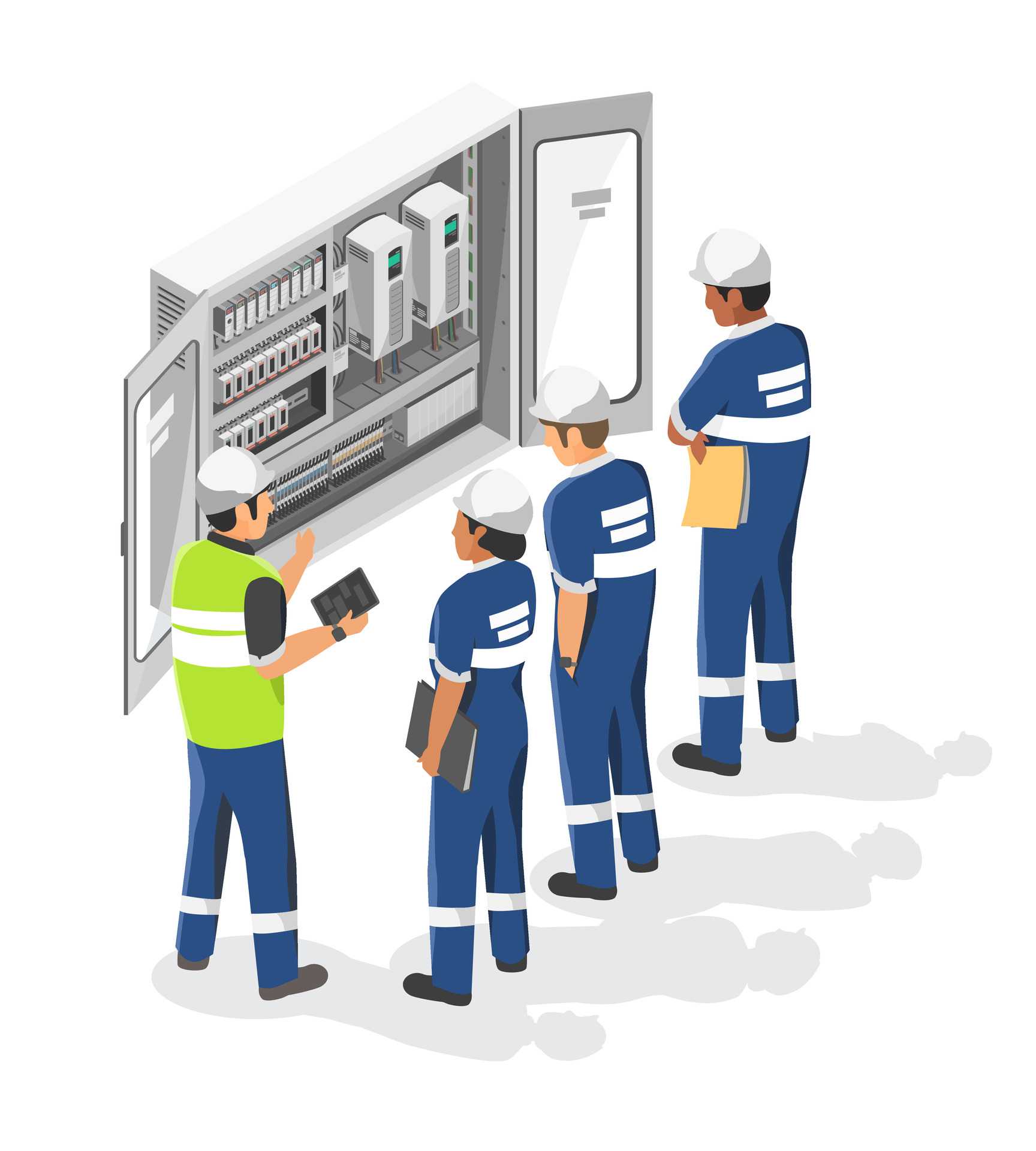
































_1718198115_3e80b2ee31b234c26728.png)
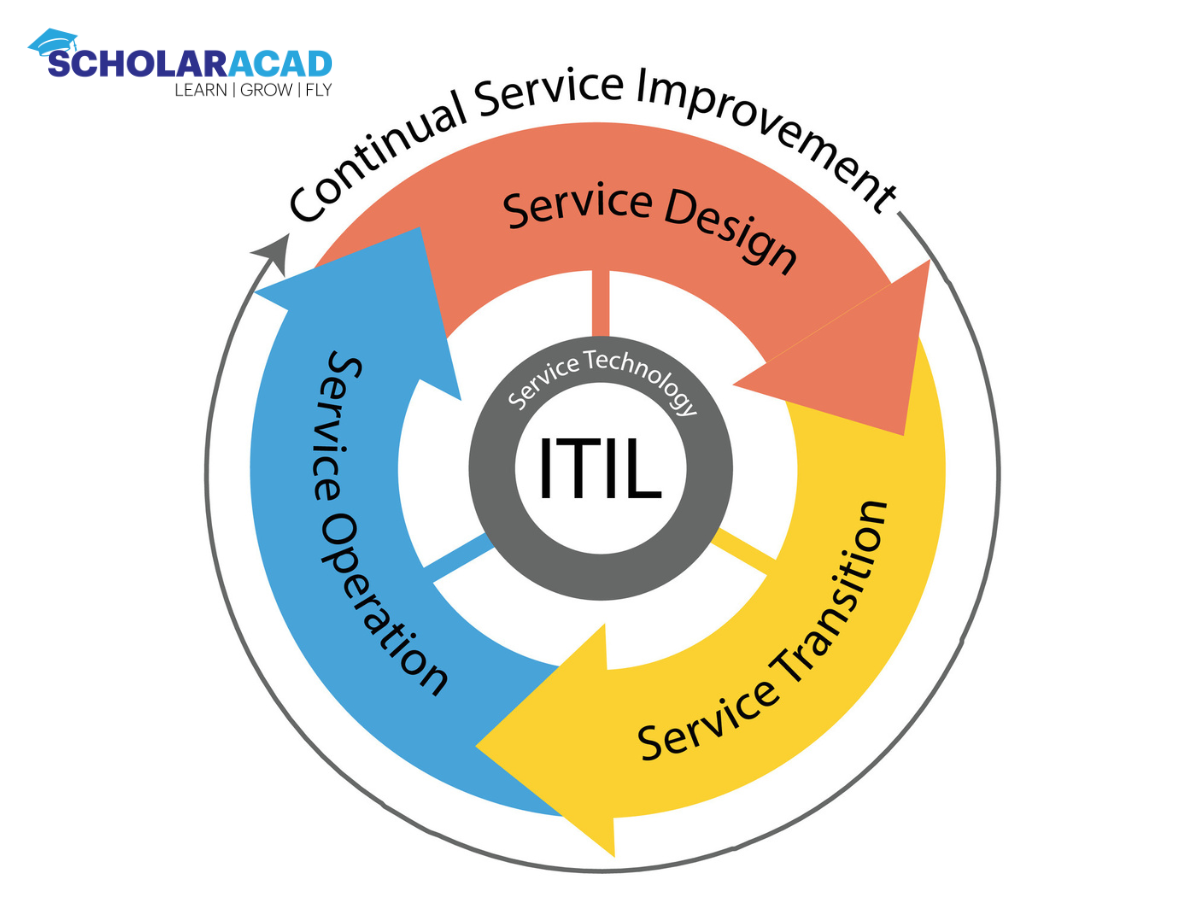



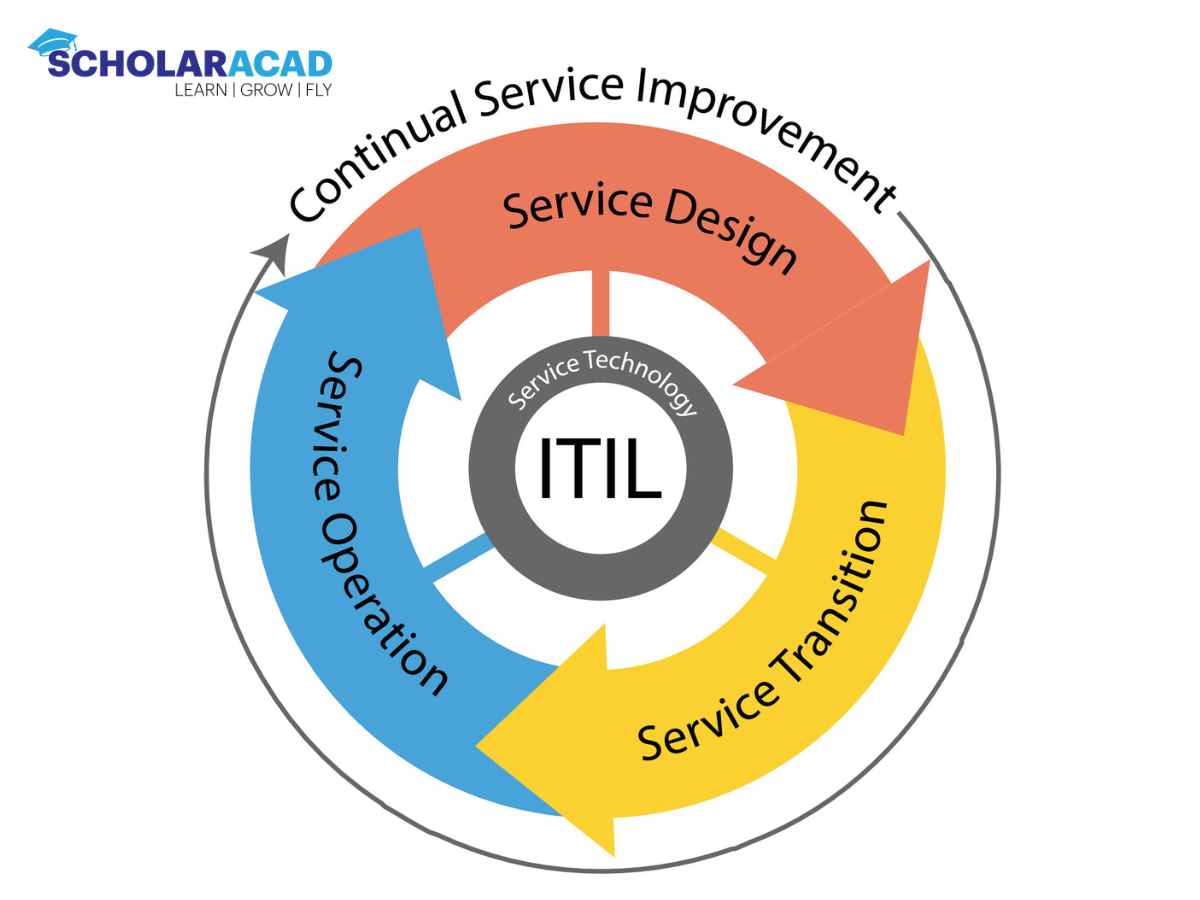





_1715671737_078967910384216bd6b3.jpg)









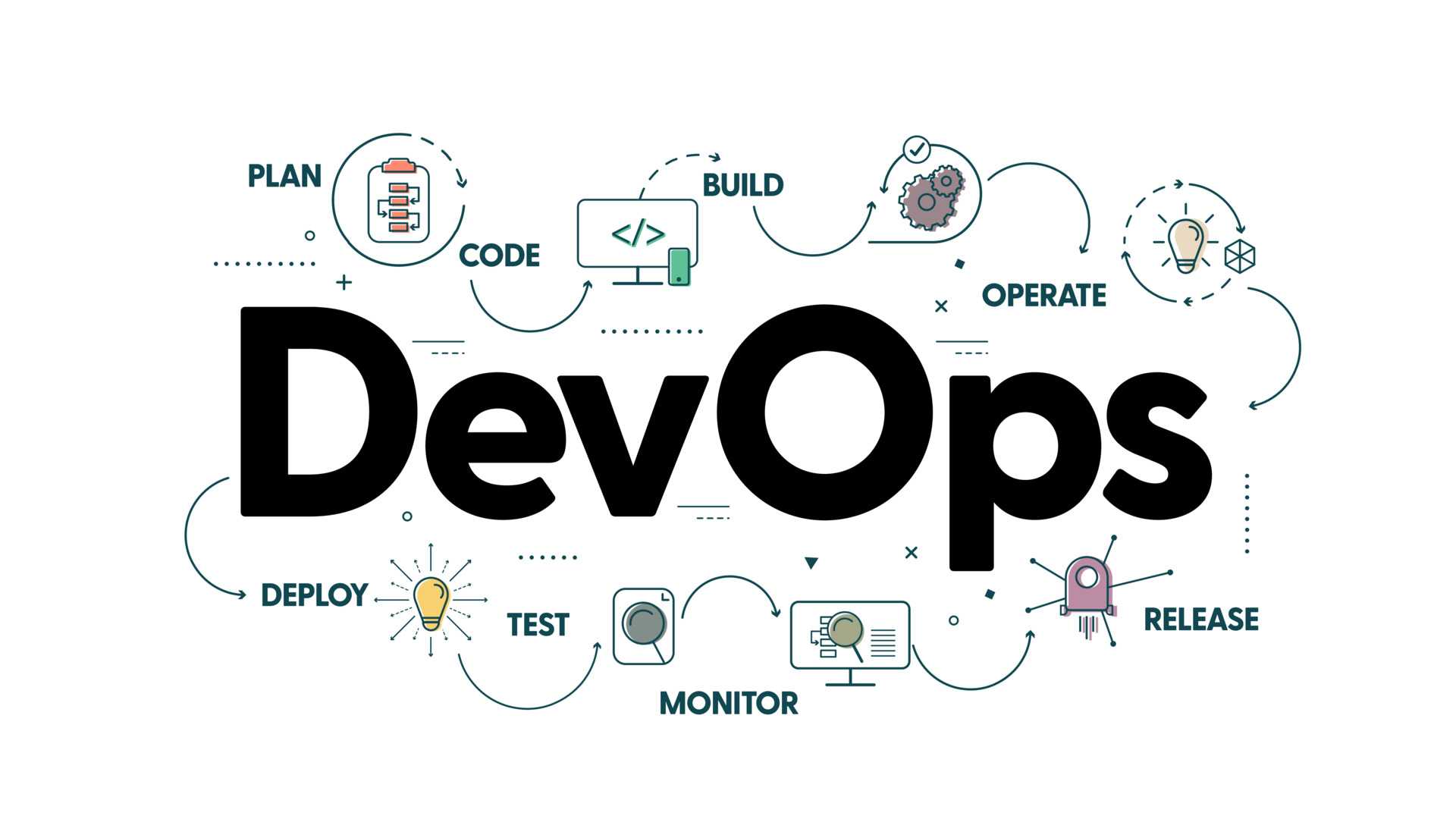

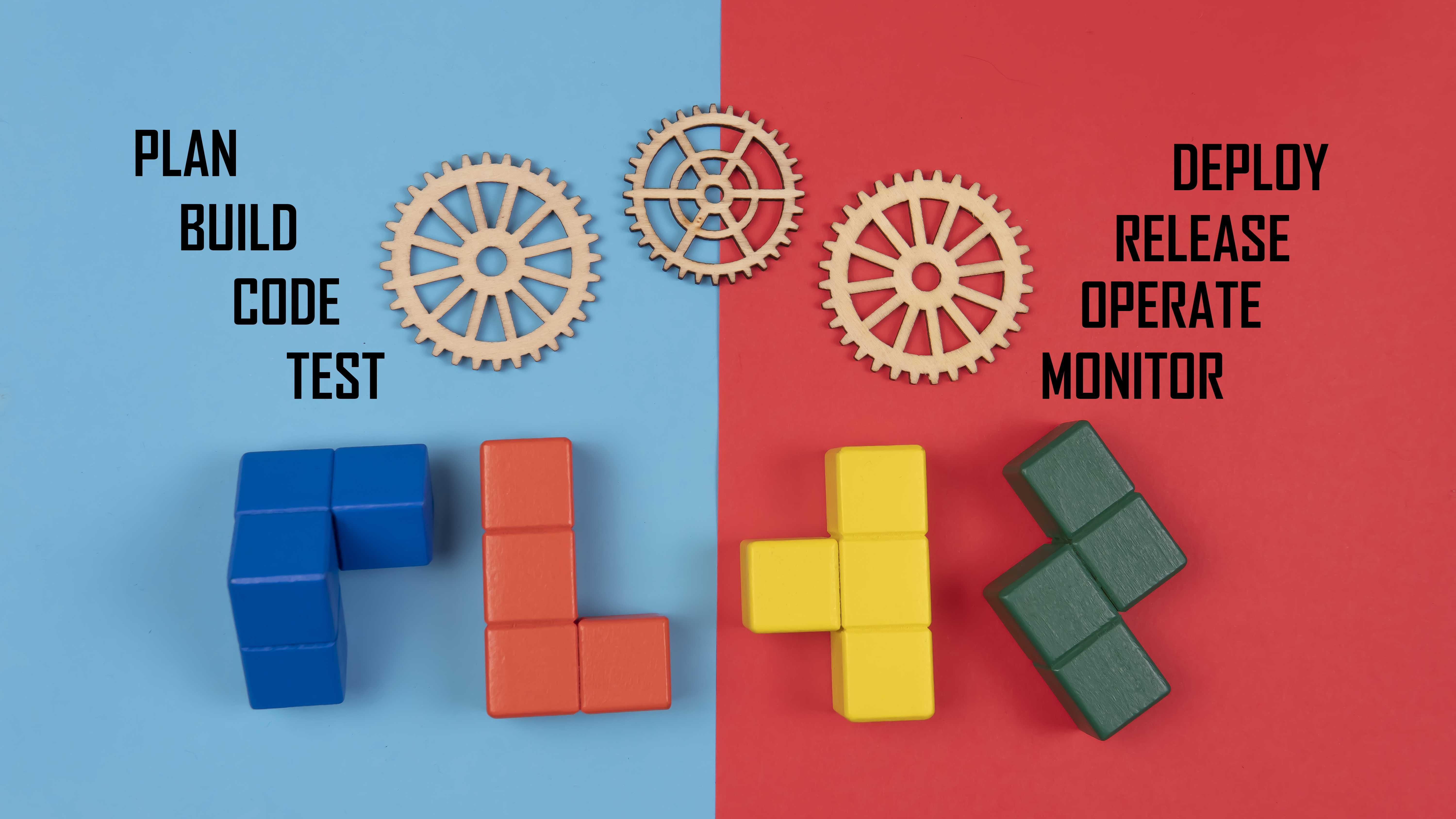
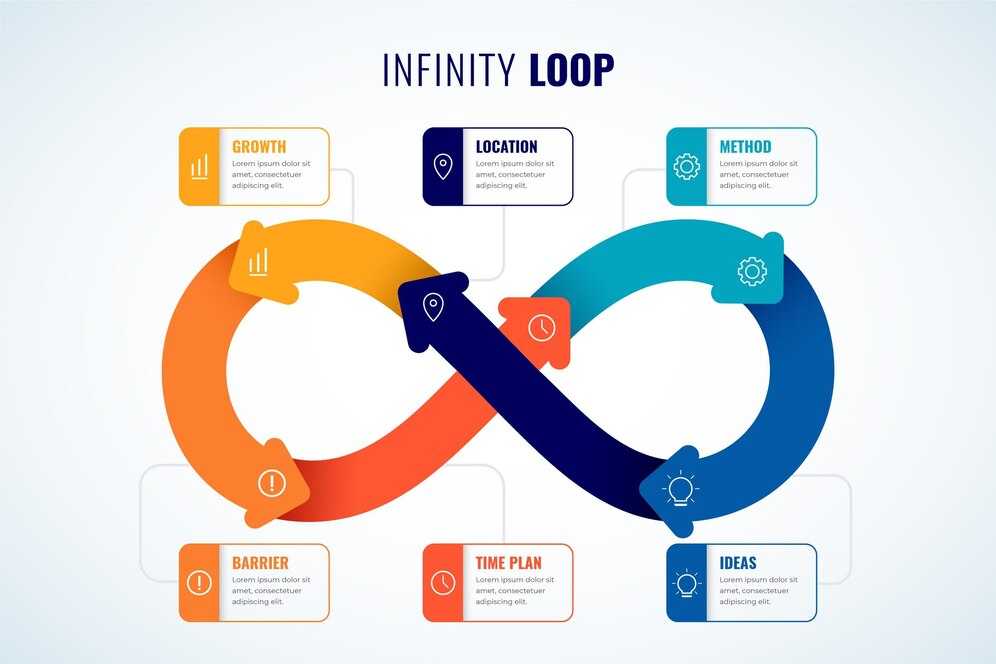
_1712044840_c07a78ec6a0a9aaf68f2.jpg)




_1701798801_c3b578871fef398593a2.jpg)






Copyright © 2024. All rights reserved by Scholaracad
